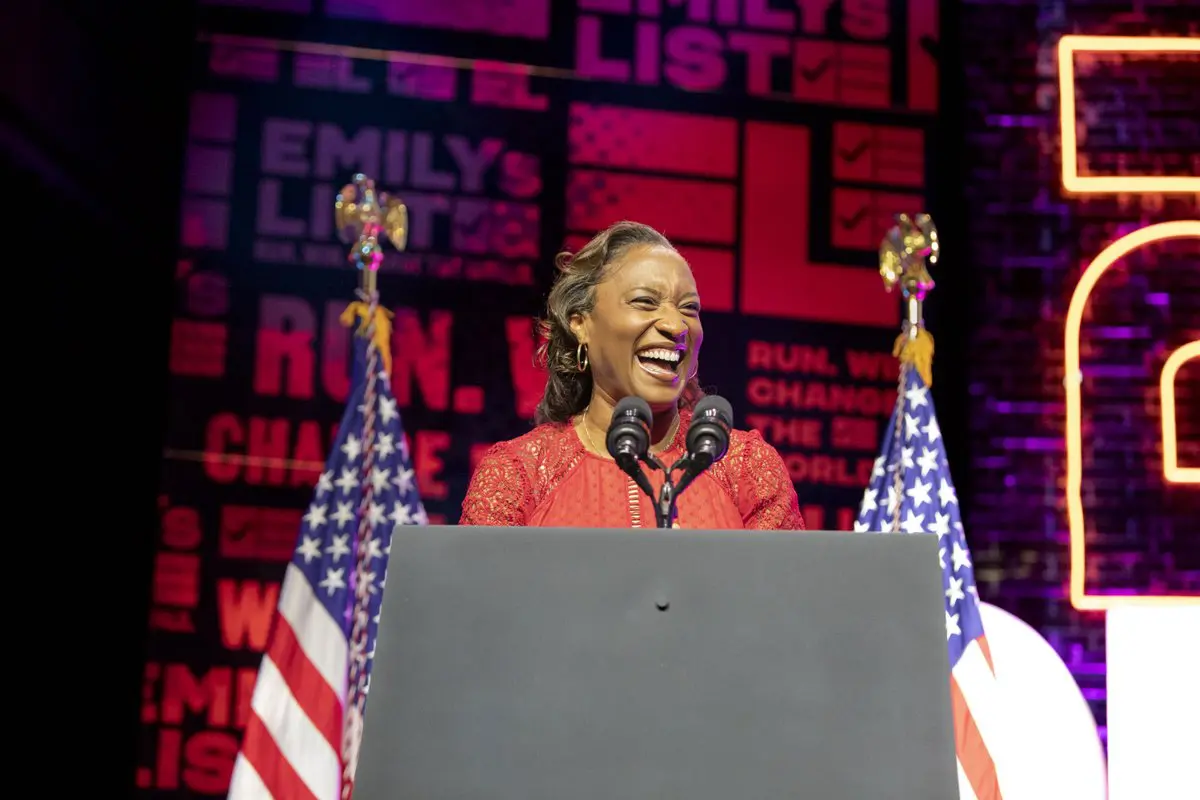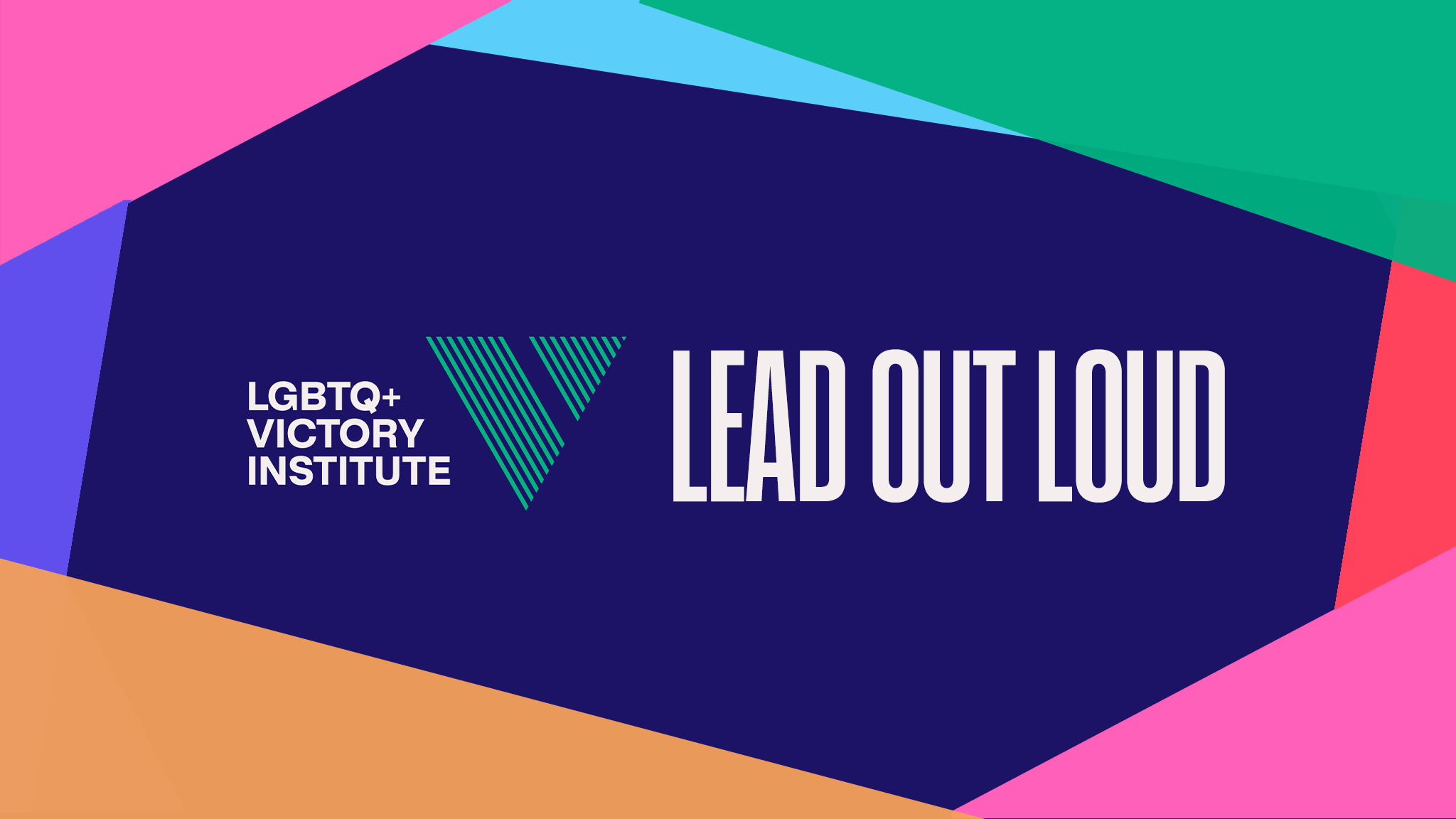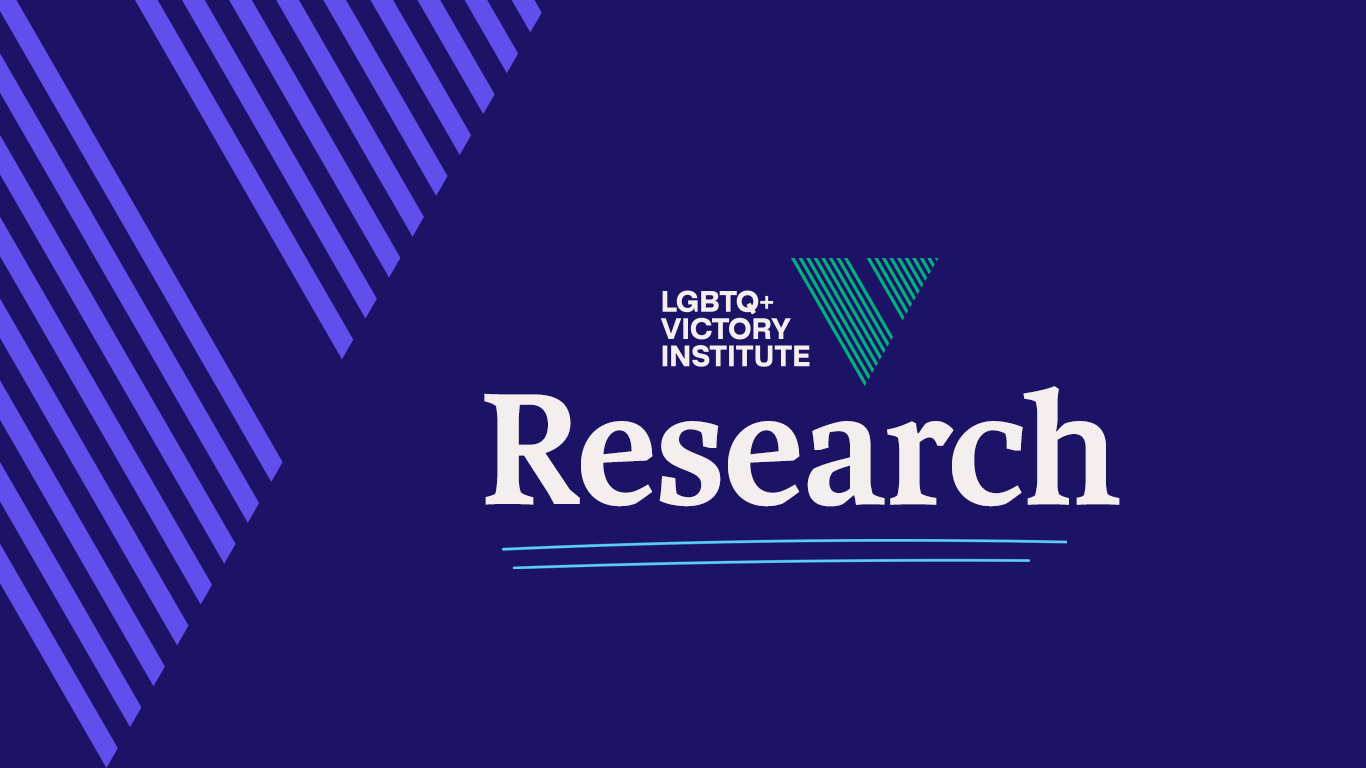English Kannada (ಕನ್ನಡ) Telugu (తెలుగు)
I. Introduction
Solidarity Foundation (Solidarity) and the Gay & Lesbian Victory Institute (Victory) are looking for participants for the LGBTIQ Political Leadership Academy in India, from Karnataka, Telangana and Andhra Pradesh, that will be held in Bengaluru from January to September 2017. The trainings are scheduled over four sessions, held in Bengaluru from January to July 2017. You can submit your application clicking here. The deadline to apply is 31/01/2017.
If you are interested in participation in the training, click here to complete the application form.
The goal of the Political Leadership Academy is to provide the necessary tools for sexual minorities/LGBTIQ (lesbian, gay, bisexual, trans, intersex and queer) individuals that want to participate in the democratic processes, understand social and political systems, and attain public office, to advance towards equality. The training will provide comprehensive non-partisan training for future community leaders and supporters.
There will be four three day sessions. These will comprise of theoretical sessions, group work, and workshops; participants will acquire the necessary skills and strategies to become an effective leader able to represent and work for their communities within the democratic frame. Sessions will be conducted in Kannada, Telugu and/or English. Translation will be provided.
Solidarity Foundation is an India based foundation, set up to provide support to sex workers and sexual minorities by offering fellowships and grants. Solidarity Foundation serves as a bridge between resources, ideas and knowledge. Solidarity works on the frontline of social change.
The Gay & Lesbian Victory Institute is a U.S. non-governmental organization whose mission is to increase the number of lesbian, gay, bisexual and trans people in public office and provide services and support to help their success.
II. Target Audience and Selection Process
Solidarity and Victory are looking for 30 LGBTIQ over the age of eighteen living in India, especially Karnataka, Andhra Pradesh, and Telangana, preferably with the following profile:
Member of the sexual minorities/LGBTIQ population.
Expressed interest and commitment to participating in the democratic process.
Commitment to advocacy for equality for sexual minorities/LGBTIQ and other under-represented groups with political authorities and political parties.
Demonstrate maturity, communication skills, willingness to learn, positive attitude, and appreciation for diversity.
Committed to participate in all the activities organized by the Academy.
The convening organizations have a clear commitment to diversity. We encourage lesbian and bisexual women, transgender people; intersex people; linguistic, ethnic and religious minorities; Dalits; people living with HIV; people with disabilities; and other underrepresented groups within the LGBTIQ population to apply.
III. Selection Process
Solidarity and Victory staff will make the selection of participants, together with other experts from the region and collaborating organizations.
The application process contains two parts: a written application form and a personal interview for those shortlisted.
The selection will consider geographical diversity, gender, age, and other personal and social characteristics in order to achieve the most diverse group possible.
IV. Application, deadline, and scholarships
Applications will be open until 31/01/2017 or until all the places are filled.
The application must be completed in English, Kannada, or Telugu,
Solidarity and Victory will provide scholarships to attend the training, that would include:
• Training.
• Materials.
• Transportation to the training (for those who do not live in Bangalore).
• Accommodation.
• Meals.
V. Information
If you need more information write to us at International@victoryinstitute.org.
VI. Curriculum and Methodology
The training consists of four modules, each module three days.
These trainings will apply classroom teaching and adult learning based participatory methods strategies mixed with interactive modules, and subsequent monitoring and support for participants. Each session will have a central theme, with Indian consultants as trainers. In some sessions there will be interventions by other experts who complement the expertise of the consulting team. Those attending the Academy will be divided into groups and each night and will complete a number of tasks as a team.
Module 1 – LGBTIQ Leaders as Change-Makers
Dates: 10, 11, 12 March 2017
Objective: Reinforcing the self-confidence of LGBTI leaders who are considering participating in the democratic process and gaining a deepened intersectional knowledge of the needs of the LGBTIQ people in India.
Sections:
A. LGBTI Political Leadership.
Topics:
Reasons to participate in the political process and obstacles to overcome as an openly LGBTIQ leader (including lessons learned from women and dalit’s groups).
Managing intersecting identities: LGBTI Leaders: representing the LGBTI population and the whole community.
Breaking through: successfulLGBTIQ political leaders.
Learning how to navigate political parties as an LGBTIQ leader.
B. Knowing the needs of the LGBTIQ population in India.
Topics:
Learning about the priorities of each group within the LGBTIQ family.
Laws and policies that effect LGBTIQ people in India
Caste, Gender Class and LGBTIQ: Intersectionalities of discrimination
Winning allies’ minds: Using data to offer solid arguments for equality.
Winning allies’ hearts: Using values’ language.
Module 2 – Indian Political System and Human Rights Mechanisms
Dates: 5, 6, 7 May 2017
Objective: Understanding the political system and the mechanisms to protect human rights in India and how to use them to advance equality.
Sections:
A. Political System in India
Topics:
Introduction to democracy
Key components for an effective democracy.
Indian political structures and electoral processes.
Local level governments: structure, functioning, and opportunities to participate and run for office.
Developing public policies
Examples of civil rights advancements through the Indian political system.
Political parties: how to break through.
B. Human rights protection mechanisms
Topics:
National and international human rights framework
Current legal and institutional framework to promote and advance equality for LGBTIQ people.
LGBTIQ rights within the overall human rights framework. Module 3 – Communication and Interpersonal Skills
Specific cases of human rights violations
Module 3: Advocacy, Communication, and Messaging.
Dates: 28, 29, 30 July 2017
Objective: Developing key communication and social skills for political leadership.
Sections:
A. Public Speaking
Topics:
Public speaking techniques.
Body language and appearance.
Debate techniques.
Journalistic interviews.
B. Social Skills
Topics:
Conflict resolution.
The art of meetings.
Building coalitions with other groups.
Module 4 –Electoral Campaign Techniques
Dates: 18, 19, 20 September 2017
Objective: provide the tools and skills necessary to carry out a successful electoral campaign.
Sections:
Topics:
Creating and maintaining a campaign plan
Building the campaign message
Voter contact techniques
Campaign financing
Public image
Campaign staff and volunteers
Building alliances
Click Here to apply in English, Kannada or Telugu.


